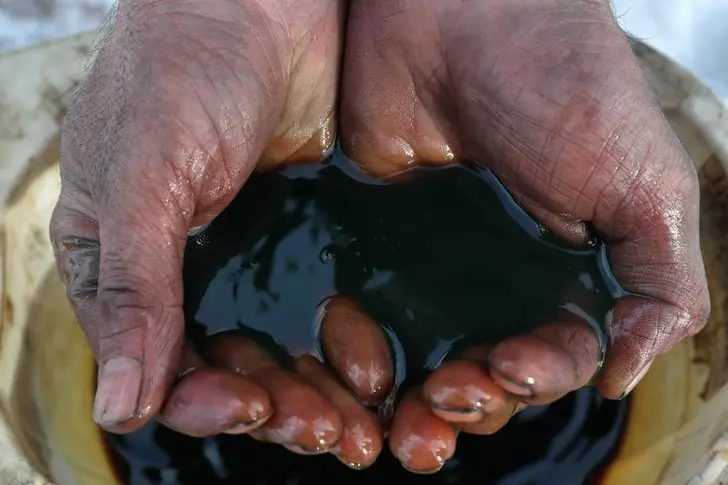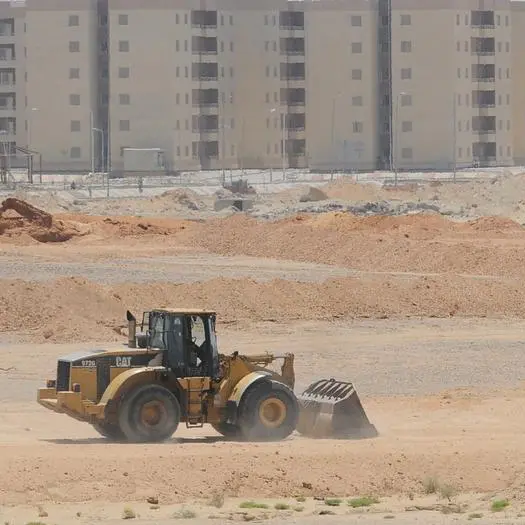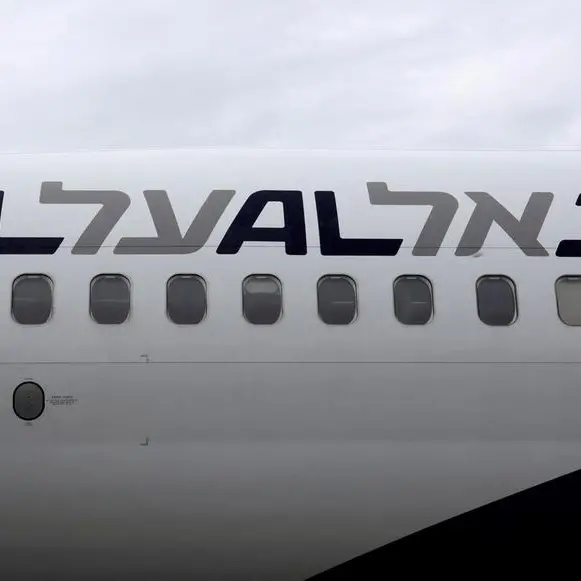PHOTO
In a world where climate change is the subject of intense debate, often as much political as scientific, Nathalie Wallace is determinedly among the convinced.
“We think that climate risk can have a long-term impact on asset valuation and the long-term performance of companies,” she said, referring to increasing climate volatility as an “emergency” and a “crisis.”
She is an active participant on the local climate protection committee in Cambridge, Massachusetts, where she lives, and laments the regular inundations of Boston, where she works. “It is sinking,” she said.
As global head of environment, social and governance (ESG) investment strategy for State Street Global Advisors — the investment management arm of the giant American financial corporation State Street — the main part her job is to help clients reach an understanding of the risks that climate change poses to their assets and their business strategies.
Last week, she was in the Middle East talking to some of the biggest investors in the world — the sovereign wealth funds that manage the energy-generated assets of these oil-rich nations — about the challenges they will increasingly face as the world heats up.
“Climate change is associated with many risks. One is the physical risk companies are exposed to. The second is the litigation and legislation risk. In Europe we have much more regulatory pressure but around the world there are increasing measures against companies that are polluting or are not ready for climate change. Finally, there is a financial risk, the potential risk of stranded assets that companies are exposed to,” she said.
The phrase “stranded assets” is certain to trigger concern in regional policy making circles, evoking images of revenue-earning oil and gas being left in the ground in a world that has decided it can no longer take the environmental cost of burning fossil fuels.
It seemed an especially appropriate time to be having the discussion. Outside State Street’s Dubai offices, the temperature was in the mid-40C degrees — hardly uncommon in a Gulf summer. But that was not far off the temperature that day in Wallace’s native France and other parts of Europe, nor in New York a few days earlier when power had failed in central Manhattan. This summer in the western world has given the climate change lobby plenty of ammunition.
Wallace has most of the arguments at her fingertips. Her visit to the Middle East is a response to the One Planet Summit series of meetings launched by President Macron of France, in partnership with other climate-conscious countries after the Paris Accord on climate change in 2015.
Her mission is to put some financial meat on the bones of the Paris agreement, and explain to big business and finance why climate change matters to their businesses.
Six of the world’s biggest sovereign wealth funds (SWF) — four from the Middle East, including Saudi Arabia’s Public Investment Fund, as well as the funds from Norway and New Zealand — are involved in the initiative.
They reached out to eight of the world’s biggest financial groups, including State Street, which between them have about $15 trillion of assets under management, to help the SWFs come up with solutions to the climate challenge.
“Governments even in the GCC are saying we have to do something, are launching green initiatives, diversifying the economy away from oil dependency. More people want to have ethical and sustainable climate investment products. It’s a global trend, and the Middle East might have started a bit later, but it’s absolutely there now,” she said.
Wallace said she is not yet at the stage of asking the funds for money. Her job, she explained, is twofold: First, to promote corporate engagement on the issue of climate change and encouraging companies and institutions to “integrate climate risk into their businesses.”
Copyright: Arab News © 2019 All rights reserved. Provided by SyndiGate Media Inc. (Syndigate.info).
© Arab News 2019





















